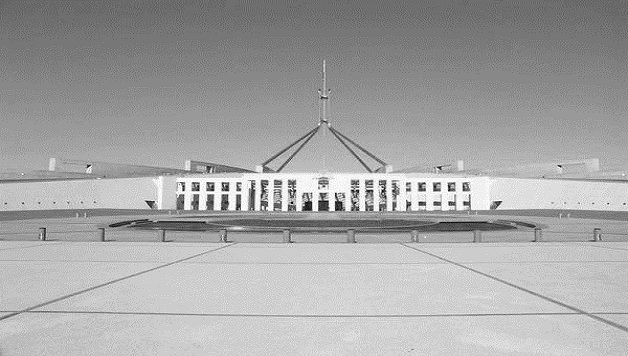A new unfair contract terms regime has come into force in New Zealand from 17 March 2015. Although based heavily on the Australian Consumer Law (“ACL”) provisions, key differences remain in relation to who can take action and the remedies available.
Key differences with Australia
From 17 March 2015, the New Zealand Commerce Commission (“NZCC”) can seek a declaration from the High Court or a District Court that terms in standard form consumer contracts are unfair. If the term is declared to be unfair it can no longer be relied upon or enforced, and the NZCC can seek a penalty to business of up to $600,000 per offence under the Fair Trading Act 1986 (NZ). These provisions also apply to standard form consumer contracts that are varied or renewed after the 17th of March 2015.
The necessity of a declaration, and the NZCC’s involvement, shows that despite an intention to “reflect the essential features of the Australian consumer law relating to unfair contract terms”, key differences remain.
Importantly, two differences may mean that there is a more limited use of the New Zealand unfair terms provisions than we have seen in Australia:
- only the High Court or a District Court may make a declaration, and
- only the NZCC may bring an action.
In Australia some tribunals can hear disputes (for instance the majority of such disputes in Victoria are heard by VCAT), and both the consumer and the regulator may make applications. The heightened expense associated with the courts and the necessity of the regulator’s involvement, with its limited resources and broad enforcement objectives, may limit use of the provisions.
There is a further difference as to the remedy available to affected consumers: while penalties are available in New Zealand (but not in Australia), in Australia a person that suffers loss or damage by the conduct of another person in breach of the unfair terns provisions may seek damages.
The success of the newly enforceable New Zealand provisions will rely on the regulator’s commitment and the courts furthering the New Zealand Parliament’s intent.
In Australia, the ACCC is currently running proceedings against Europcar Australia alleging unfair terms (blogged about here) and has previously made commitments to pursuing action on unfair terms, noted in their Unfair Contract Terms – Industry Review Outcomes report (blogged about here), and in their 2014 enforcement priorities (available here). Similar commitments, and evidence of these, will be required in New Zealand.
Further, and more academically, New Zealand courts will need to progress in their application of contract theory. Traditional contract theory suggests that people are free to contract into anything, with few exceptions. Standard form consumer contracts and the necessity of legal advice to understand and compare some of these contracts, and the inability in-store, and particularly online, to negotiate these contracts, amongst other factors, suggests that changes to this understanding are required. The courts will need to overcome this traditional hesitation if they are to give effect to Parliament’s intent.
From the crow’s nest
Despite these differences, the introduction of these provisions will provide greater consistency to business across the Tasman, as well as clear benefits to consumers. Although enforcement may be more difficult in New Zealand, significantly higher penalties and the necessity of compliance with apparently uniform laws, rather than simply the administrative convenience of contract similarities, provides greater certainty.
While this is may appear to be a significant step toward alignment with Australia’s unfair contract terms laws, similarity may be short lived. The Australian Government has today announced that it will introduce amendments to extend the unfair contract terms legislation to small businesses, subject to agreement by the States and Territories. New Zealand will need to keep watch if they intend to keep up.
We will let you know when the draft legislation is released.








